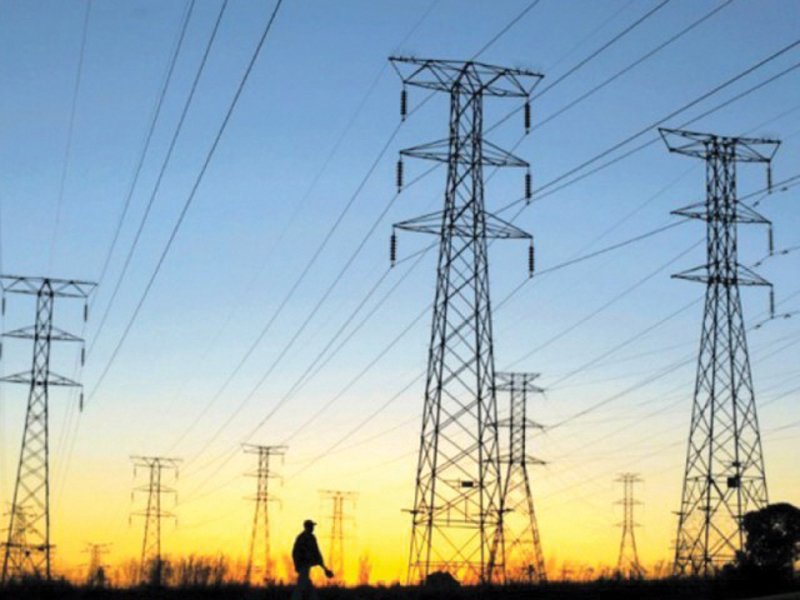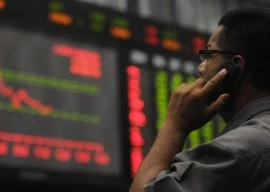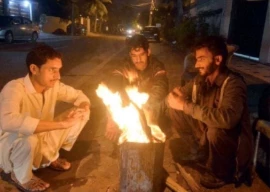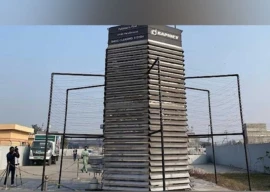
Businessmen of Karachi have opposed the government’s move to withdraw the power subsidy to appease the International Monetary Fund (IMF), citing it will substantially hike the cost of doing business.
They also demanded a modest reduction in electricity and gas tariffs on the back of a drastic fall in international crude oil prices.
In a statement on Friday, Federation of Pakistan Chambers of Commerce and Industry (FPCCI) President Anjum Nisar said changes in energy subsidy in the present difficult times would hit at least 18 million consumers out of a total of 27 million electricity consumers in Pakistan.
He added that the cost of doing business had already increased manifold, triggering a slowdown in the economy and causing a substantial rise in unemployment numbers.
The FPCCI chief requested the government to take such decisions after consultation with relevant stakeholders instead of just considering the available fiscal space.
Pointing to the proposed hike of almost 110% in gas prices, he praised the Oil and Gas Regulatory Authority’s (Ogra’s) decision that rejected the demand of gas utilities for tariff increase.
He appreciated Ogra for reducing the gas rates by almost 6% for consumers and termed it a positive step.
“Gas companies had recently sought a huge increase in tariff, which would have placed an additional burden of Rs290 billion on industrial consumers, leading to a further jump in the cost of production,” he said.
“Instead of covering losses and enhancing efficiency, the gas utilities are planning to shift the burden of their failure on to customers.”
Exporters and manufacturers were already reeling due to rising electricity, gas and water tariffs, which raised the costs of doing business significantly in Pakistan compared to regional countries, he said.
In a letter written to Prime Minister Imran Khan, Employers Federation of Pakistan President Ismail Suttar appealed for a further reduction in gas prices and to push them below Rs600 per million British thermal units (mmbtu) for industrial consumers.
“During these harsh times, the federal government must initiate efforts to facilitate businesses, so they can steer import substitution and take pressure off the foreign currency reserves,” he said.
He termed the domestic industry an engine of growth as it created huge employment opportunities and contributed massively to tax revenues.
Textile exporters of Karachi are highly perturbed by the power and gas outages as well as unavailability of water to the industries.
“Industries of Karachi are facing prolonged and unscheduled electricity load-shedding,” said Pakistan Hosiery Manufacturers and Exporters Association Chief Coordinator Muhammad Jawed Bilwani.
Published in The Express Tribune, July 18th, 2020.
Like Business on Facebook, follow @TribuneBiz on Twitter to stay informed and join in the conversation.






1736498386-0/Express-Tribune---News-Desk-(6)1736498386-0-270x192.webp)





1736332856-0/Untitled-design-(20)1736332856-0-270x192.webp)



1736334465-0/sidra--(45)1736334465-0-270x192.webp)






COMMENTS
Comments are moderated and generally will be posted if they are on-topic and not abusive.
For more information, please see our Comments FAQ